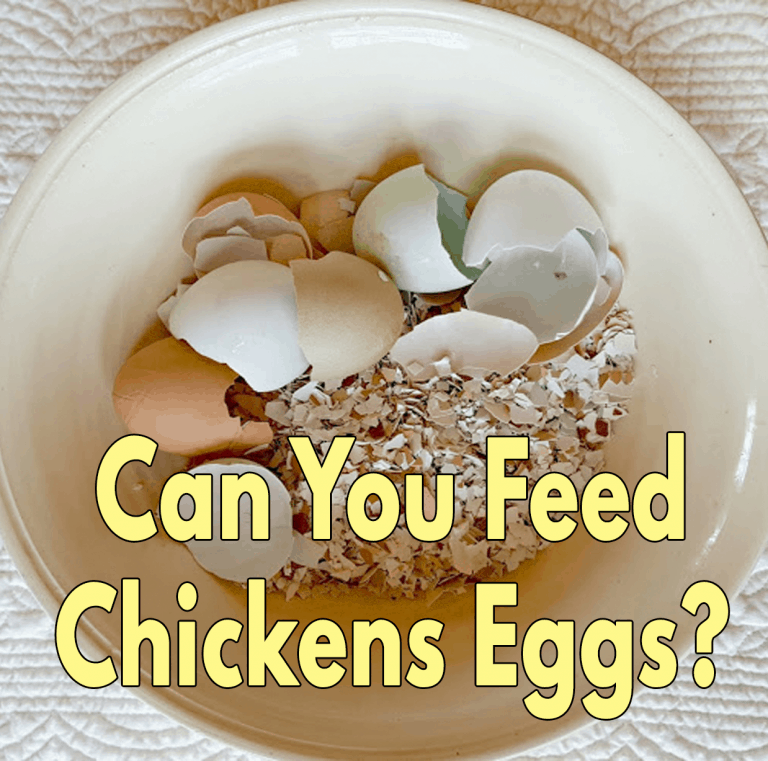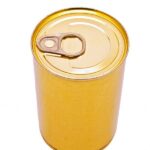Is Cat Food Safe for Chickens? Complete Guide to Risks, Benefits, and Best Practices

Can Chickens Eat Cat Food? Understanding the Facts
Backyard chicken owners often notice their birds exploring and tasting a wide range of foods, including those not intended for them. One common question is whether chickens can safely eat cat food. This guide provides a comprehensive, evidence-based exploration of the risks, occasional benefits, and best alternatives to feeding cat food to chickens.
Is Cat Food Safe for Chickens?
Chickens can safely consume small amounts of cat food without immediate harm. Cat food, whether wet or dry, is not toxic to chickens and may even be appealing to them due to its strong aroma and high protein content. However, cat food is formulated for the specific biological needs of cats-obligate carnivores-whereas chickens are omnivores with different dietary requirements [1] .
Key Points:
- Cat food contains high levels of animal protein , fats, and vitamins designed for cats.
- A few bites of cat food will not harm a chicken, but regular or large quantities can cause health problems over time [2] .
- Chickens are often attracted to cat food, but it should not be a staple in their diet [1] .
Nutritional Differences: Why Cat Food Is Not Suitable for Long-Term Feeding
Cat food is engineered to meet the dietary needs of cats, not chickens. Cats require high levels of protein and certain amino acids (like taurine) that chickens do not need in the same amounts. Feeding chickens a diet primarily of cat food can result in nutritional imbalances and health issues:
- Kidney Stress: Excess protein can strain chickens’ kidneys, especially with prolonged feeding [3] .
- Amino Acid Deficiency: Cat food is balanced for cats’ needs, not for chickens, and may lack some nutrients chickens require [3] .
- Cholesterol in Eggs: Regular cat food consumption can increase cholesterol levels in eggs, which may impact their suitability for human consumption [2] .
For these reasons, cat food should only ever be a rare treat or emergency supplement , not a replacement for balanced poultry feed.

Source: chickenjournal.com
Situations Where Cat Food Might Be Temporarily Useful
There are certain circumstances where a small amount of cat food can temporarily benefit chickens:
- During Molting: Chickens require extra protein to grow new feathers. Some poultry owners use small amounts of cat food as a short-term supplement during this period [2] .
- When Other Protein Sources Are Unavailable: In rare cases where you have no access to other protein-rich foods, a limited quantity of cat food can help meet chickens’ short-term protein needs.
Guidance: If you must feed cat food to chickens, do so sparingly-generally no more than a few tablespoons per bird per day and only for a few days at a time. Always return to a balanced poultry feed as soon as possible.
Health Risks of Feeding Cat Food to Chickens
Feeding cat food to chickens on a regular basis can result in several health risks:
- Kidney Damage: Excess protein can overwhelm the renal system of chickens, leading to kidney issues or failure [3] .
- Obesity: Cat food is high in fat, which can contribute to overweight birds and associated health complications.
- Nutrient Imbalance: Cat food may lack the right balance of calcium, phosphorus, and vitamins needed for strong eggshells and healthy birds [4] .
- Egg Quality Issues: Higher cholesterol and fatty deposits in eggs are possible with ongoing cat food supplementation [2] .
For these reasons, experts and veterinarians generally do not recommend cat food as a regular chicken feed [4] .

Source: chickenjournal.com
Best Alternatives to Cat Food for Chickens
If your goal is to supplement your chickens’ protein intake, there are healthier, safer, and often more affordable options than cat food:
- Cooked Eggs: Chickens can eat scrambled or hard-boiled eggs, which are an excellent source of protein and nutrients [4] .
- Canned Fish: Sardines and mackerel in water (not oil or brine) offer high protein and omega-3 fatty acids.
- Mealworms and Insects: Dried or live mealworms are a favorite protein-rich snack for chickens.
- Plant-Based Protein: Legumes like cooked lentils, peas, and beans (never raw) are safe and nutritious.
- Specialty Chicken Feeds: During molting or high-demand periods, consider feeds formulated for increased protein, available at most farm or pet supply stores.
Implementation Steps:
- Assess your chickens’ diet to ensure they receive a balanced feed as their main food source.
- Use high-protein treats (like eggs or insects) during molting or after laying periods as needed.
- Monitor your flock for health and weight changes when introducing new supplements.
- Consult your veterinarian or a local agricultural extension office for tailored dietary advice.
What to Do if Your Chickens Eat Cat Food Accidentally
If your chickens have eaten a small amount of cat food, there’s generally no need to worry. Cat food is not toxic, and a few bites will not cause immediate harm [1] . However, take steps to prevent ongoing access:
- Feed cats in a separate, enclosed area or at times when chickens are not present.
- Clean up spilled pet food promptly to avoid attracting chickens and wild birds.
- Monitor your chickens for signs of digestive upset or behavioral changes, and revert to their regular feed as soon as possible.
Practical Tips for Chicken Owners
If you’re facing a temporary shortage of regular feed, or your flock needs a protein boost, consider these practical strategies:
- Contact local feed stores to inquire about specialty poultry feeds, especially during molt.
- Explore safe kitchen scraps like cooked eggs, beans, or leftover cooked fish as protein supplements.
- Search for local agricultural extension resources for expert advice; in the U.S., your county extension office can provide current, science-based guidance on poultry nutrition.
If you need assistance finding alternative protein sources or are unsure about supplementing your flock’s diet, you can:
- Ask your veterinarian for specific recommendations based on your flock’s size, age, and health status.
- Look up reputable poultry forums or organizations (such as your state’s poultry association) for peer-reviewed feeding strategies.
Summary and Key Takeaways
Cat food can be consumed by chickens in very small quantities and only as an occasional supplement, not as a mainstay of their diet. Long-term or frequent feeding of cat food poses significant health risks and does not meet the nutritional needs of chickens. Instead, use species-appropriate, high-protein foods and consult an expert for advice tailored to your flock’s needs. Always prioritize the health and nutrition of your chickens by sticking to balanced poultry feeds and safe treats.






